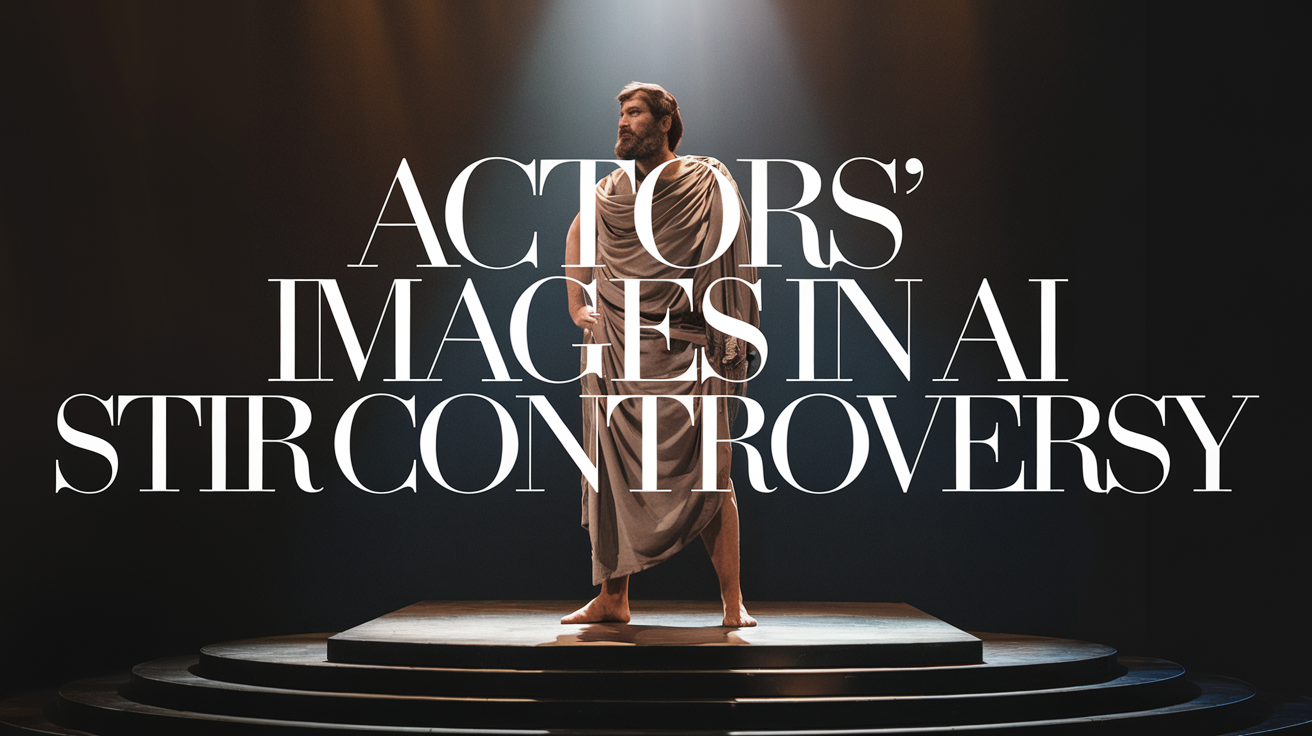Actors’ Images in AI Stir Controversy

The performing arts union Equity has issued a stark warning about the unauthorized use of its members’ images, likenesses, and voices in AI-generated content by tech and entertainment companies. This comes amid increasing complaints from union members regarding violations of their copyright and the misuse of their personal data.
General Secretary Paul W Fleming has indicated that the union is preparing to organize mass data requests aimed at determining whether member data has been improperly utilized in AI material without consent. This proactive stance was reinforced by a recent case involving a Scottish actor, Briony Monroe, who alleges that her image played a role in the creation of an ‘AI actor’ named Tilly Norwood. The creation has sparked widespread discontent within the film industry.
Monroe, who is 28 years old and hails from East Renfrewshire, believes that her likeness was used to develop the digital character for Xicoia, an AI talent studio that has since denied any wrongdoing. Complaints regarding AI-generated voice replicas have been prevalent among Equity’s members, signaling a broader concern about the boundaries of copyright in digital creations.
Fleming has commented on the effectiveness of the union’s actions so far, stating that the initiative to assist members in making subject access requests has led some companies to engage in discussions about compensation and data usage. This indicates a growing acknowledgment within the industry of the need for transparency in how AI content is created.
“Companies need to understand that our inquiry into these matters will continue. Our members deserve clarity and fairness concerning their rights, and we are determined to hold companies accountable,” Fleming stated, highlighting the union’s intent to leverage individual rights to create a collective impact against companies resistant to negotiating performers’ rights.
Equity’s strength lies in its 50,000 members, and a significant number of requests for information could pose difficulties for firms reluctant to engage in negotiations. Under current data protection laws, individuals hold the right to inquire about all data an organization possesses concerning them, a measure that could indeed be strategic for Equity’s aims.
Monroe elaborated on her experience, noting that Tilly Norwood appears to mimic not only her image but also her acting mannerisms, emphasizing the personal impact of such ethical concerns. Emerging as a voice for actor rights, Liam Budd, who serves as Equity UK’s industrial official for recorded media, has taken Monroe’s claims seriously and confirmed ongoing discussions with Particle6, the company behind Tilly Norwood.
Particle6, while asserting that no individual likeness has been utilized in creating Tilly, acknowledged the broader challenges presented by entirely synthetic actors. Budd stressed that complaints about the unauthorized usage of images and voices are increasingly common as technology evolves, particularly within audio production, where replicating voices has become straightforward due to fewer required recordings.
Equity has been engaged in prolonged negotiations with the UK production trade body Pact regarding crucial issues, including copyright and data protection in the era of AI. Fleming noted the troubling reality that many industry leaders have overlooked the ethically questionable practices surrounding AI development, primarily that foundational models are generally trained on data sources with unclear provenance.
Max Rumney, the deputy chief executive of Pact, acknowledged the pressures faced by members to incorporate AI in production, lest they fall behind competitors that operate without union oversight. Yet he lamented the lack of transparency concerning the data and content used to train AI tools, furthering the discontent among creative professionals.
Rumney remarked, “Our members want genuine creative expression represented in their works; this is what they believe makes UK productions uniquely compelling and innovative”. The ongoing friction between advancements in AI technology and ethical considerations surrounding the use of artists’ likenesses underscores a pivotal moment for the entertainment industry, as it grapples with its identity amid rapidly shifting technological landscapes.